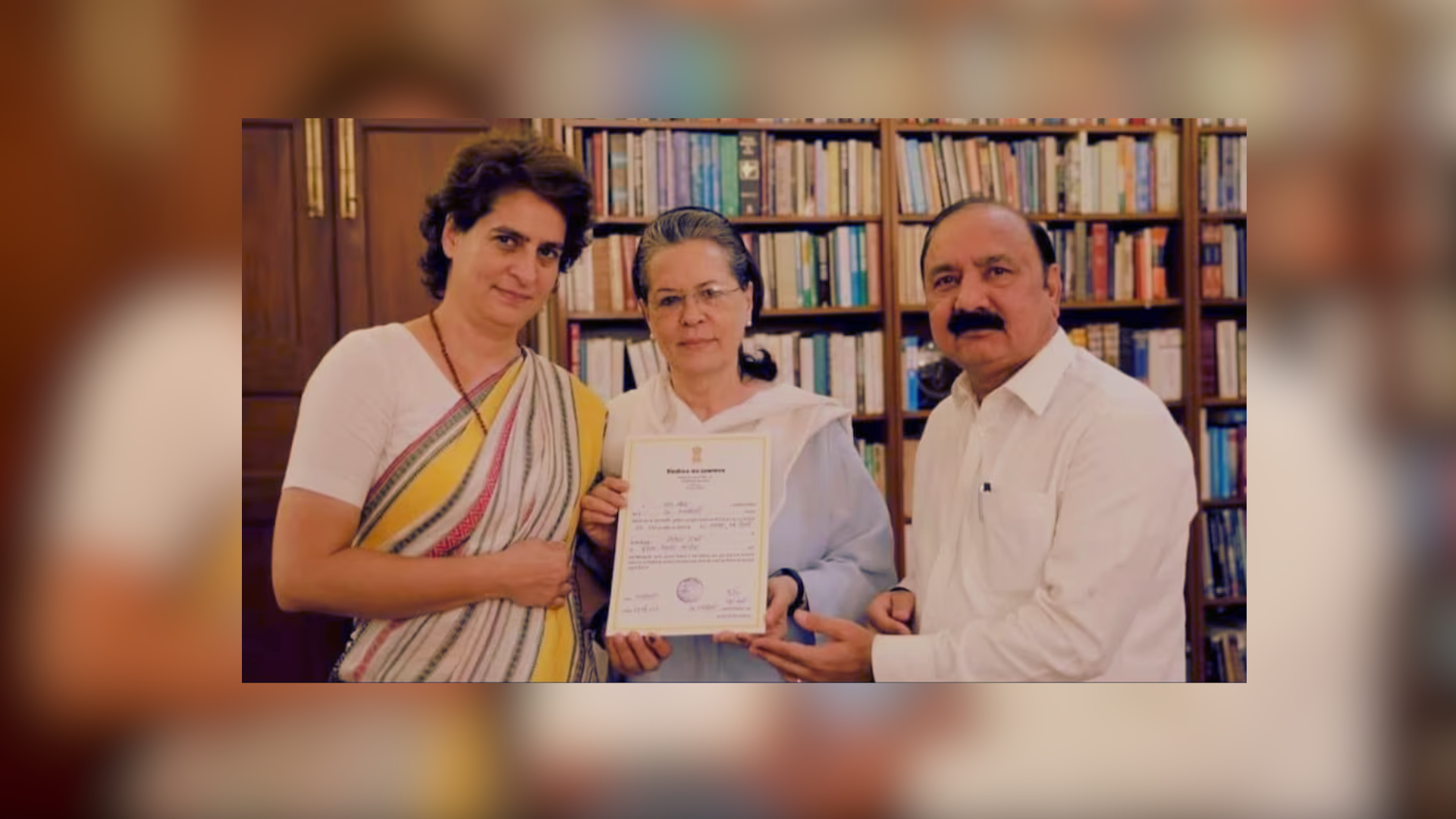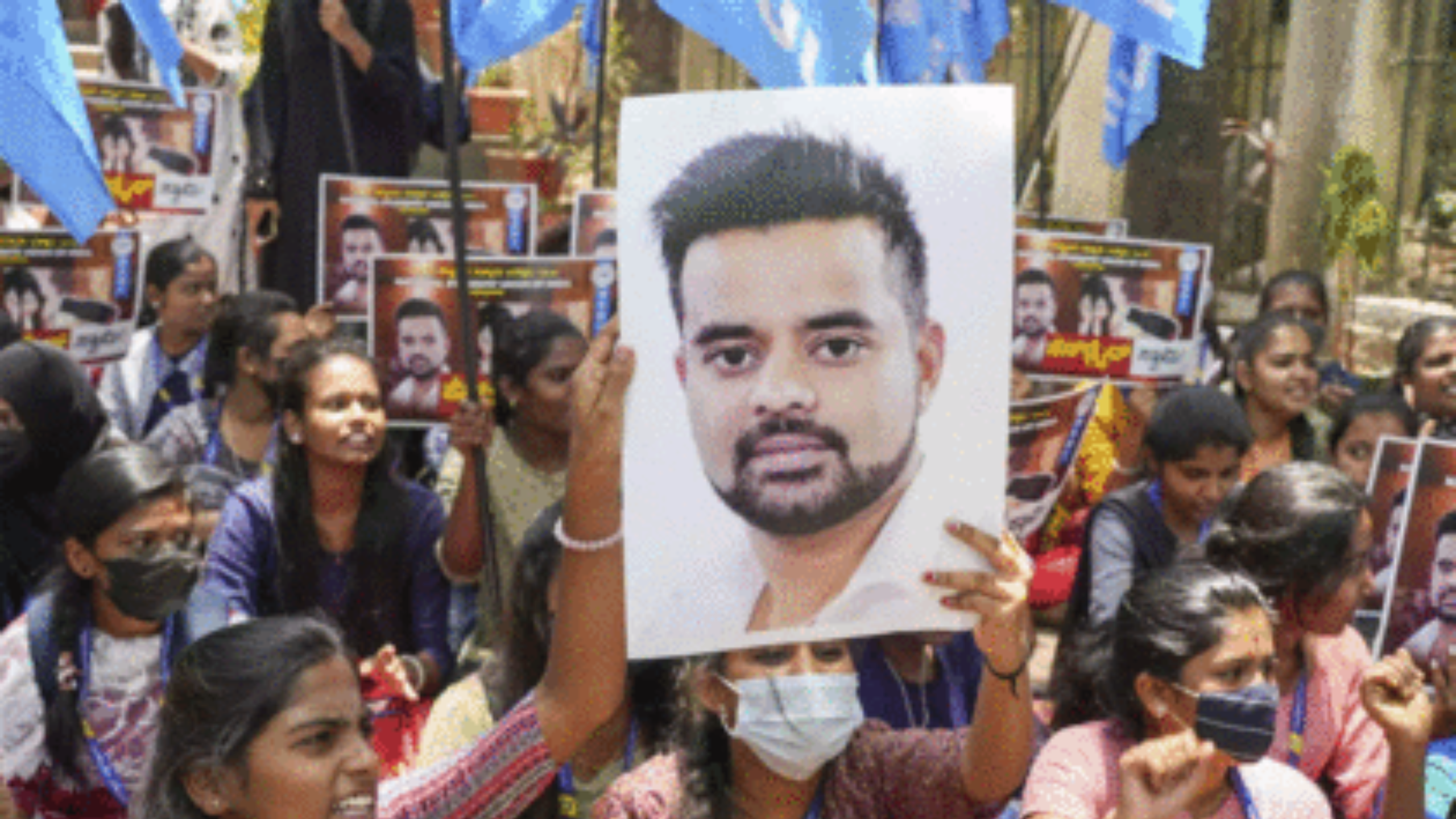


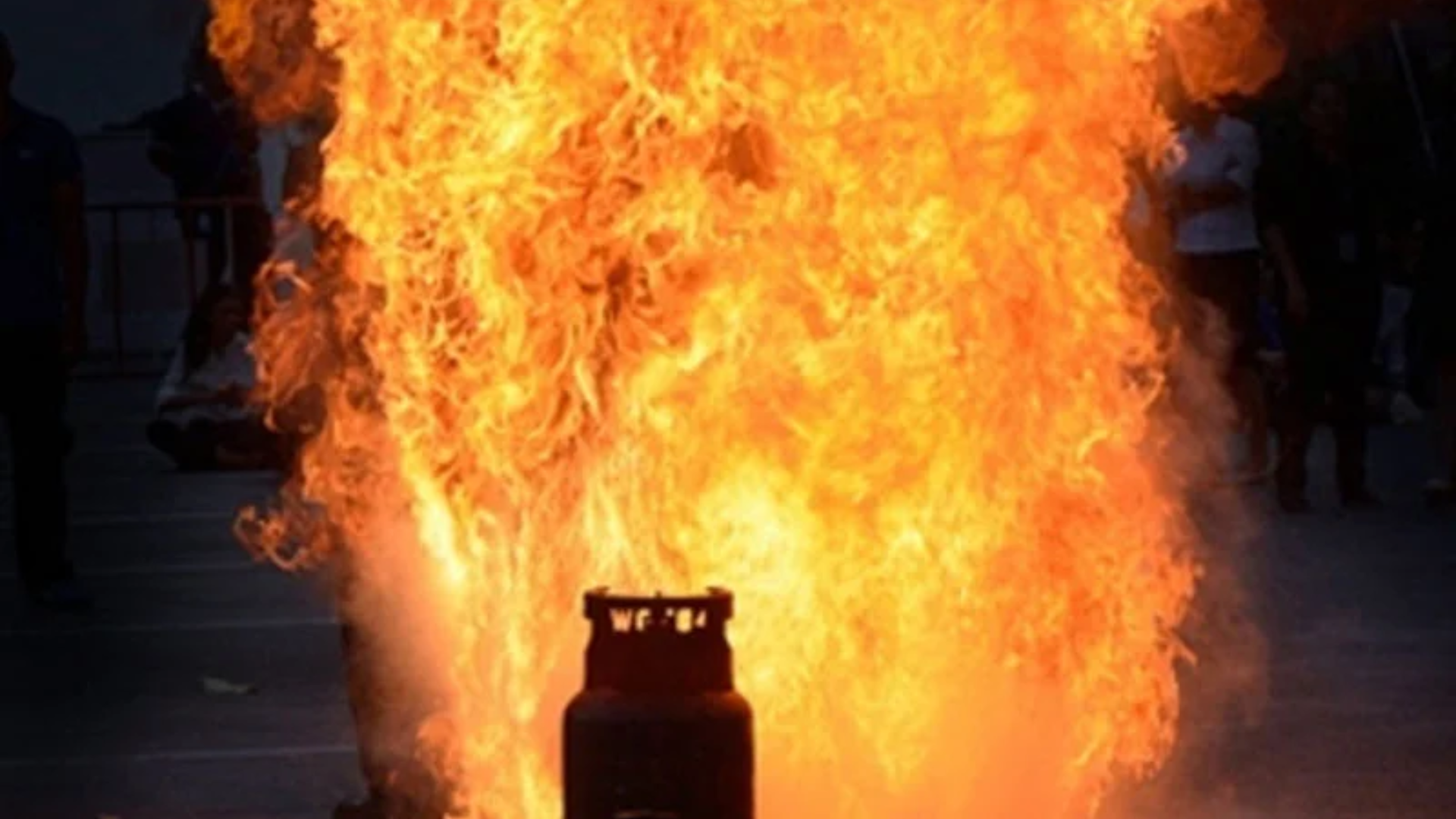
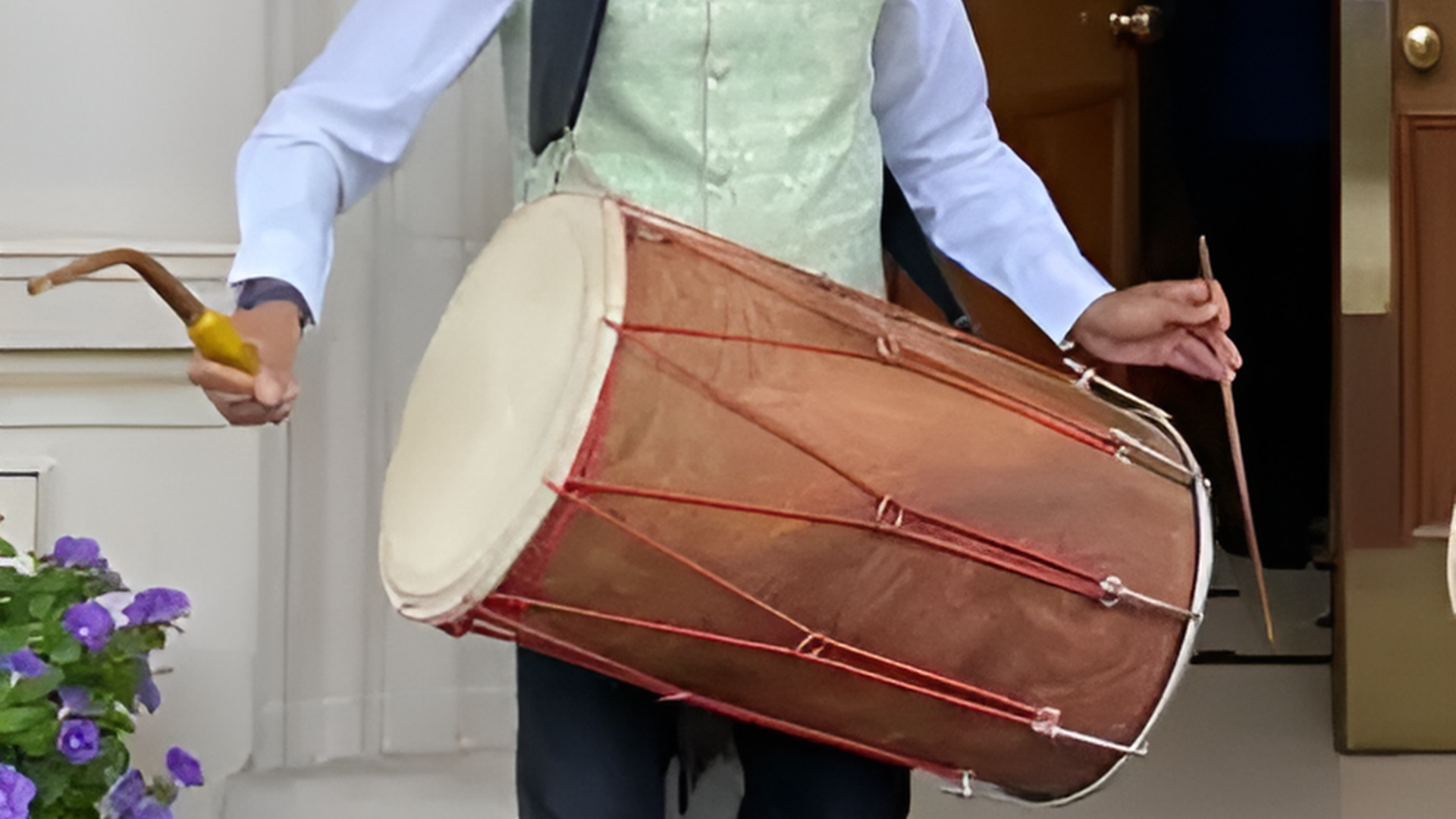
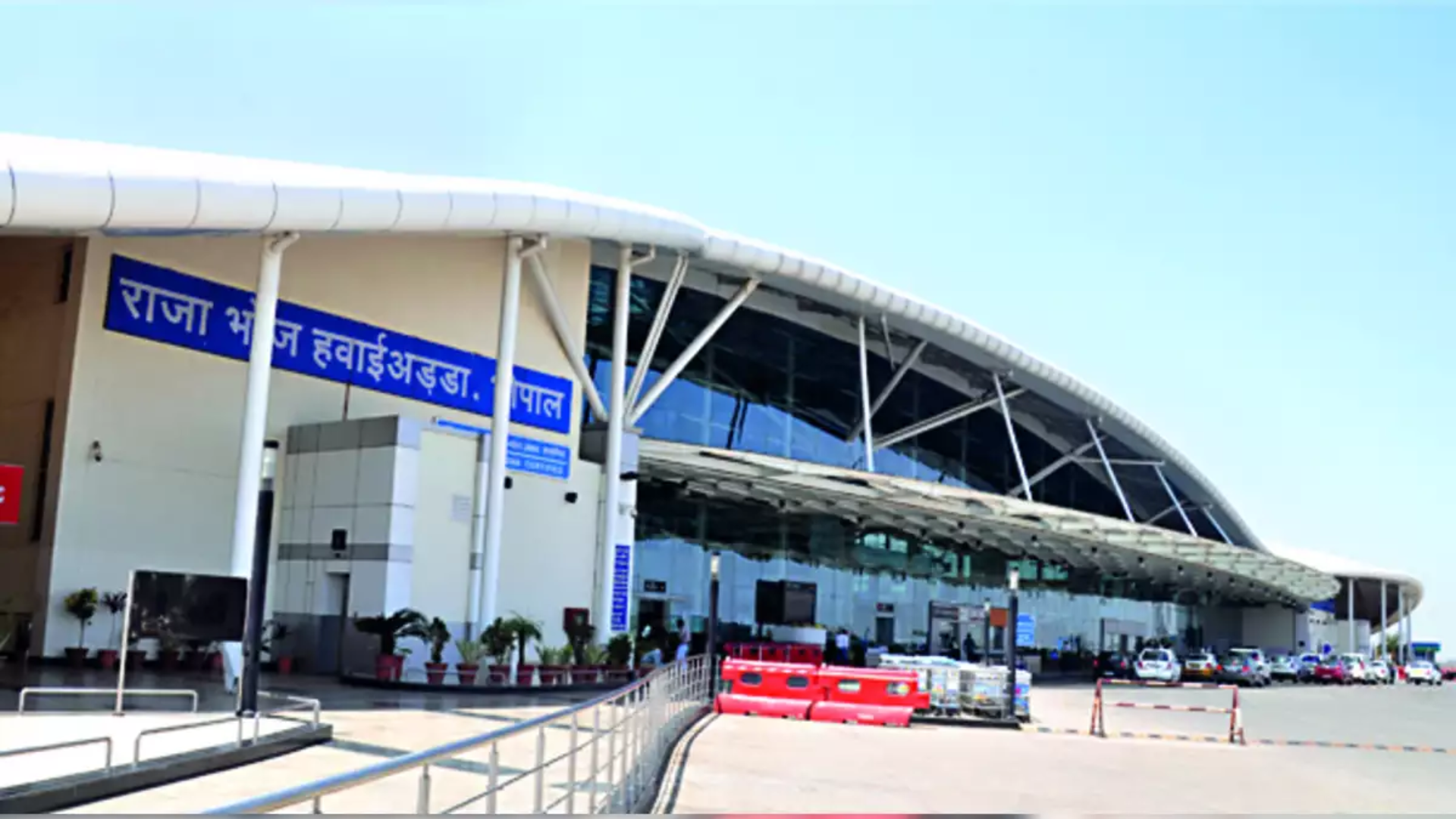
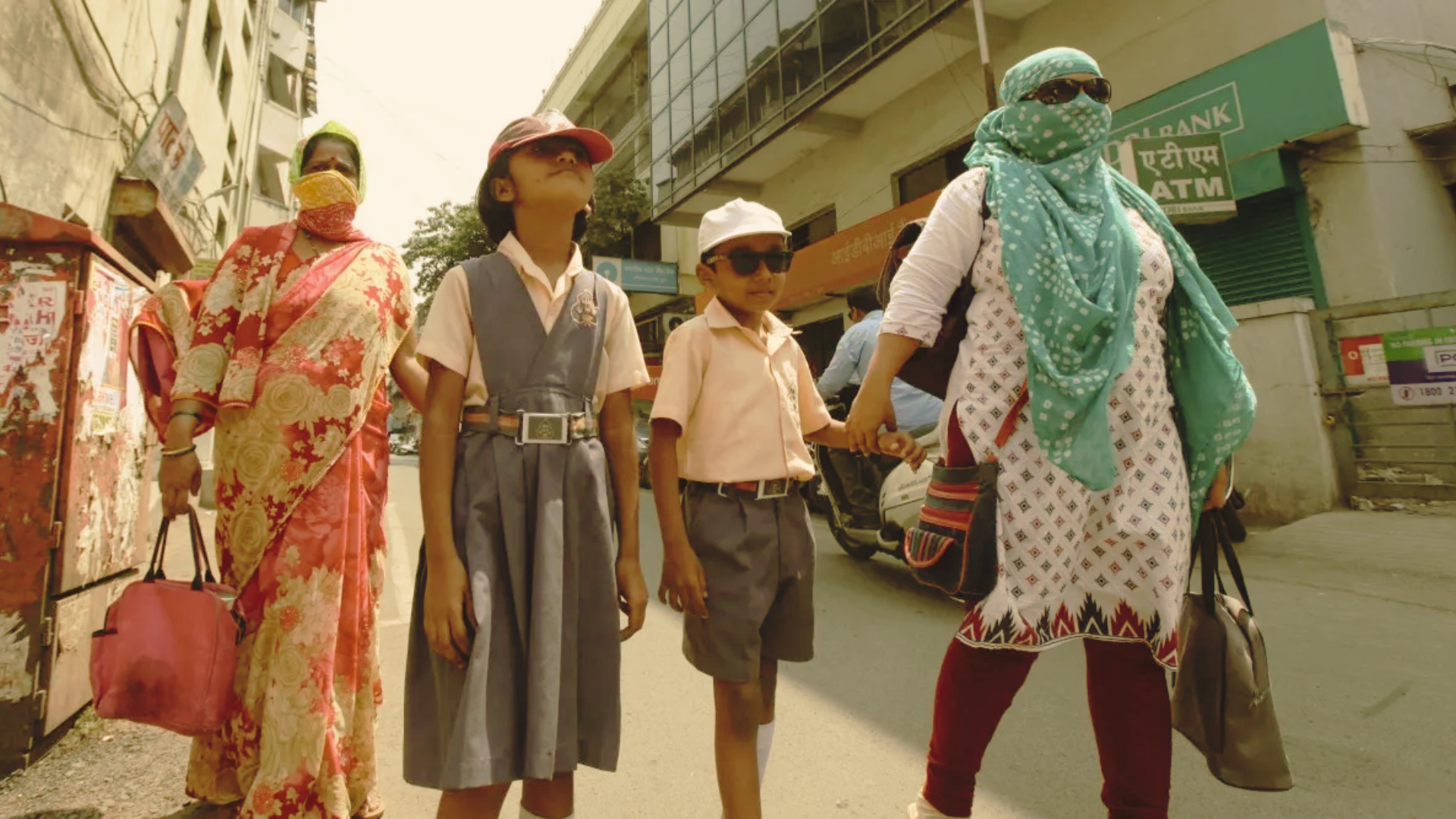
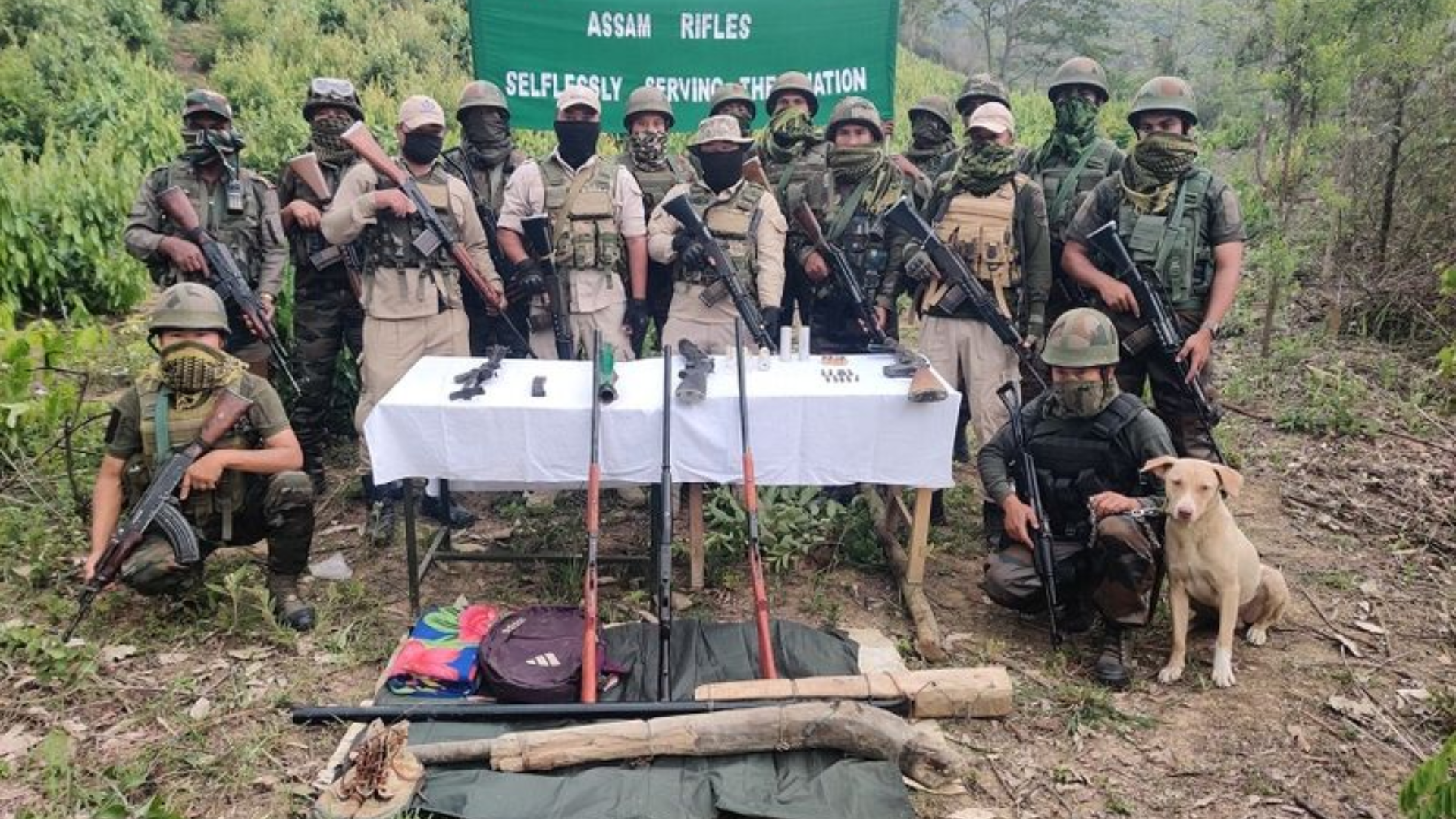

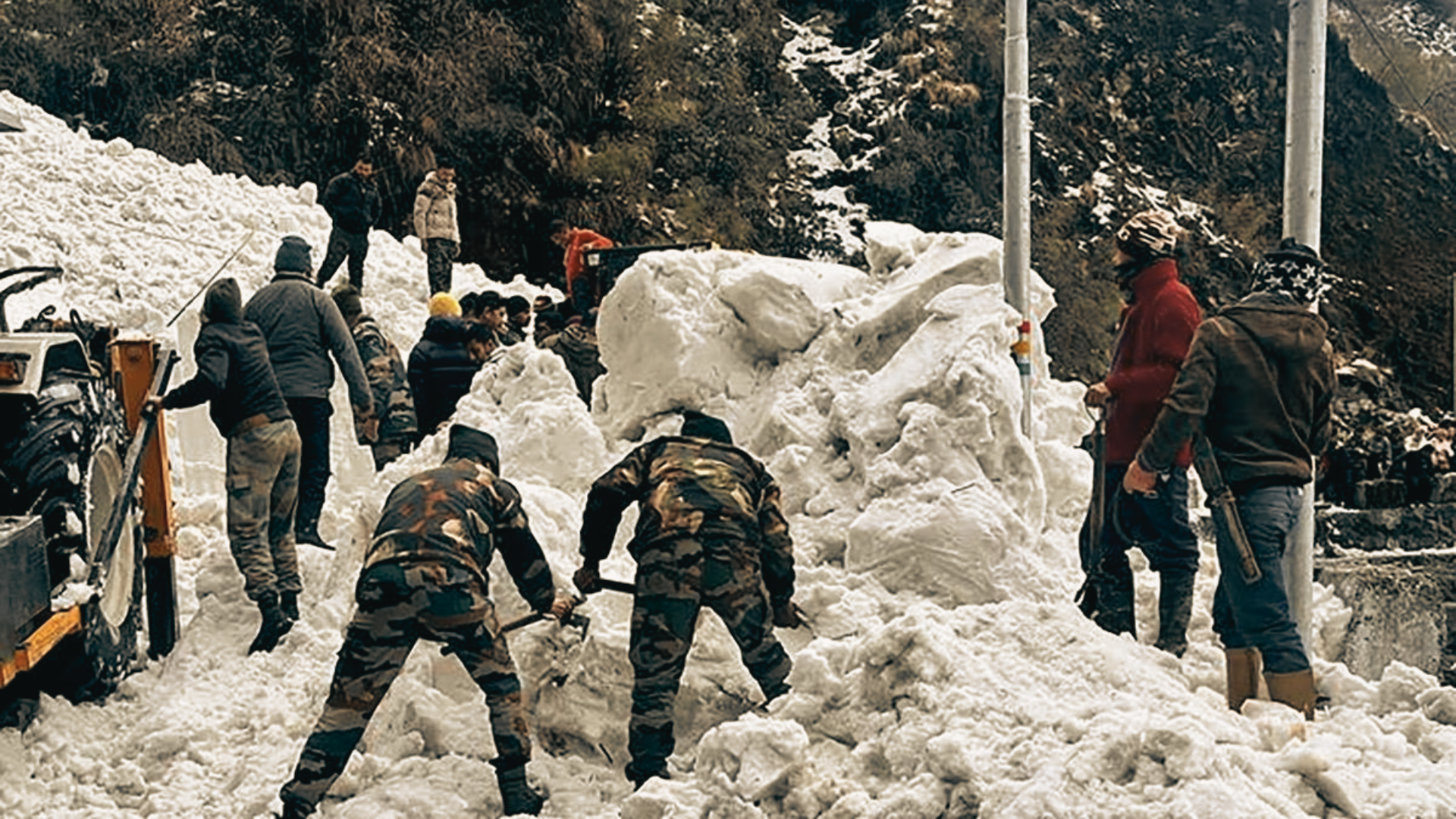

The Delhi Development Authority (DDA) has decided to demolish the beautiful farmhouse of late wine baron Baron Ponty Chadha in South Delhi’s Chhatarpur area. The farm is spread over an area of 10 acres and is worth Rs 400 crore. Demolition operations began on Friday and continued until Saturday as authorities reclaimed the land due to illegal construction and illicit construction.
Ponty Chadha, also known as Gurdeep Singh, died tragically along with his brother Hardeep Chadha in a shooting at this farmhouse in 2012. Allegedly, the incident resulted from an argument between the brothers and their colleagues.
DDA’s demolition initiative is an important step in the redevelopment of government land. The first phase of Friday’s exercise resulted in the reconstruction of five acres of land. On Saturday, the focus was on the main building of the farm’s remaining land, which was eventually destroyed.
In a statement, DDA expressed its commitment to remove entry barriers from various parts of Delhi. Protection measures also focus on products such as dining tables, restaurants and warehouses. These efforts are part of DDA’s larger initiative to prevent planned development and ensure appropriate use of government land.
#WATCH | Delhi Development Authority demolished the Farmhouse of high profile liquor baron, Late Ponty Chadha alias Gurdeep Singh, spread over about 10 acres in Chhatarpur, South Delhi, worth about 400 crores, yesterday. Today, the exercise of demolition of the main building over… pic.twitter.com/yqE9cBPNDP
— ANI (@ANI) March 2, 2024
(Tweet Source ANI )
The removal of DDA is not limited to homesteads in Ponty Chadha. In Delhi’s Khajoori Khas area, the DDA demolished the house of hero Wakeel Hassan, who played a key role in the rescue of 41 workers trapped in the Uttarkashi Silkyara tunnel in Uttarakhand last year. During the uprising, Hasan’s house was destroyed and his family was left homeless.
The situation faced by Wakil Hassan shows the difficulties faced by people whose properties were destroyed during the movement. Despite Hassan’s significant contribution to the country, he and his family were displaced and struggled to find a place to live. His plea for help and understanding reflects the harsh reality faced by many affected by the destruction of the race.
DDA’s action is part of ongoing efforts to combat illegal construction and ensure proper land use in Delhi. The authority reiterated its commitment to planning development and protecting government land. But the plight of people like Wakil Hassan demonstrates the need to provide compassion and adequate support to those affected by the devastation.
As demolition operations continue, authorities must consider the humanitarian impacts of their actions. . The case of Wakeel Hassan is a striking reminder of the challenges faced by people whose property has been destroyed and the importance of addressing their needs and concerns.
In conclusion, demolition of Ponty Chadha farmhouse by DDA is a major development in terms of reclamation of government land and prevention of illegal encroachment. But as the Wakil Hassan case explains, it also shows the human cost of these actions. While the authorities continue their work, the welfare of the people affected by the destruction should be prioritized and they should be provided with the necessary support and assistance.



